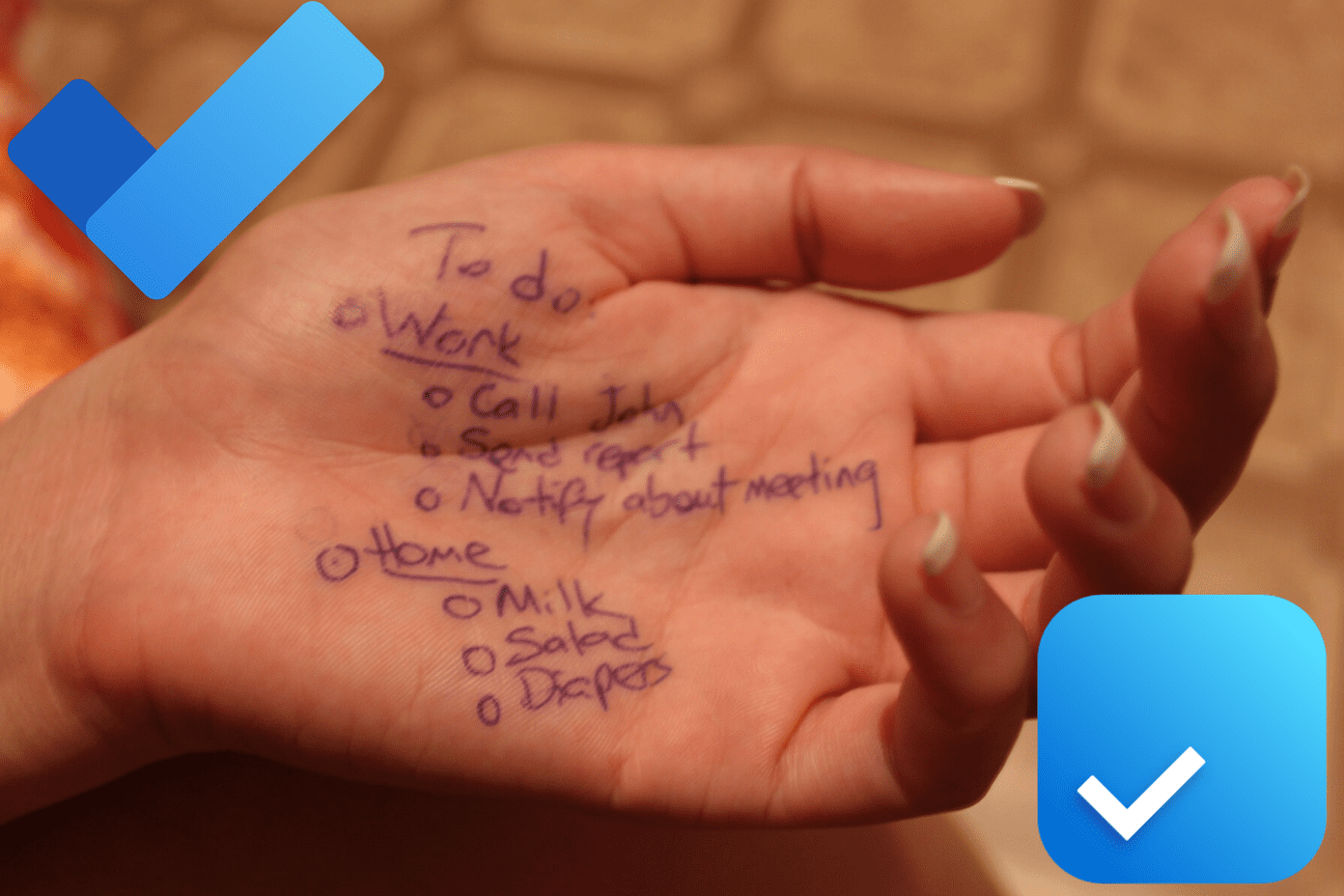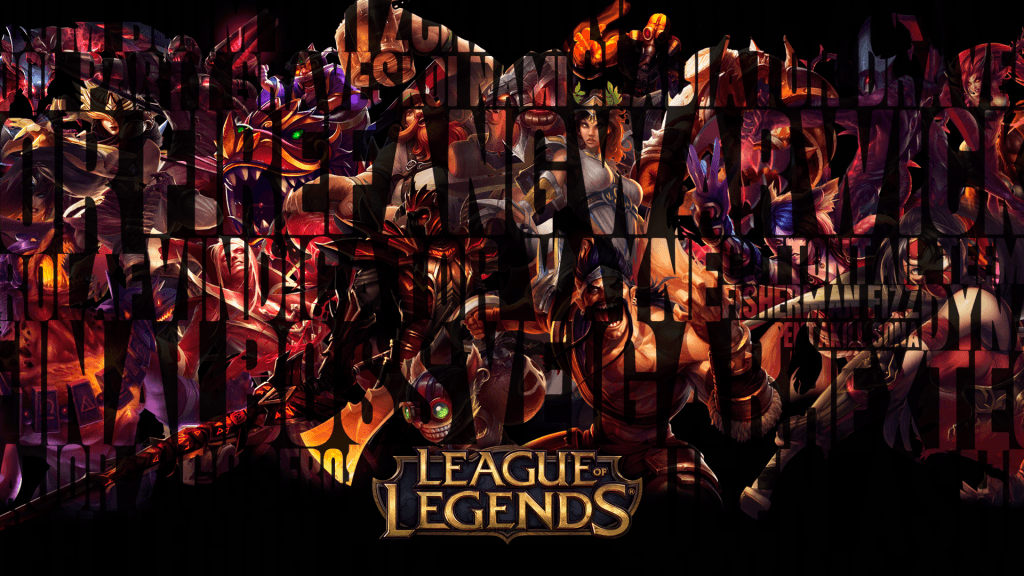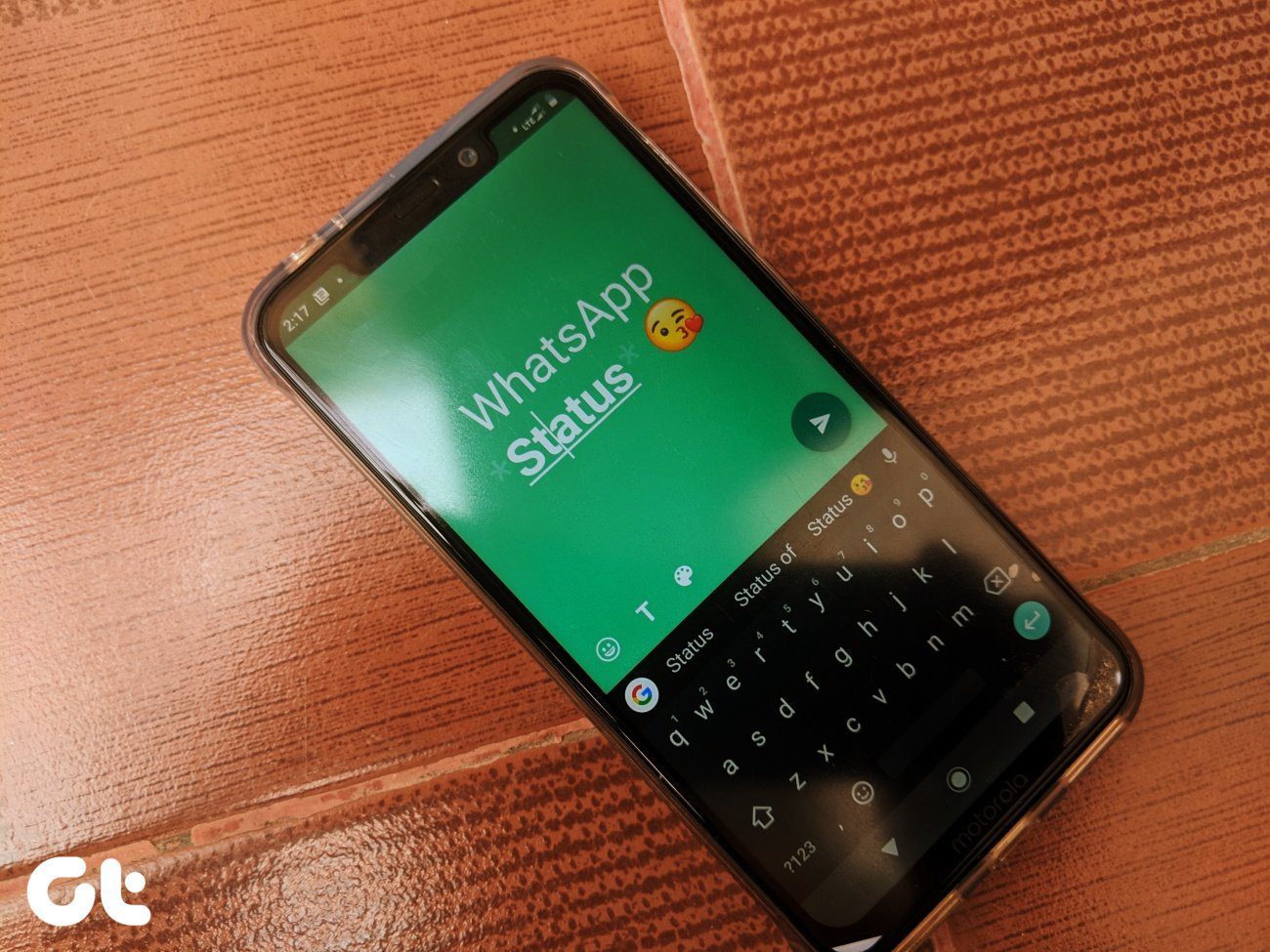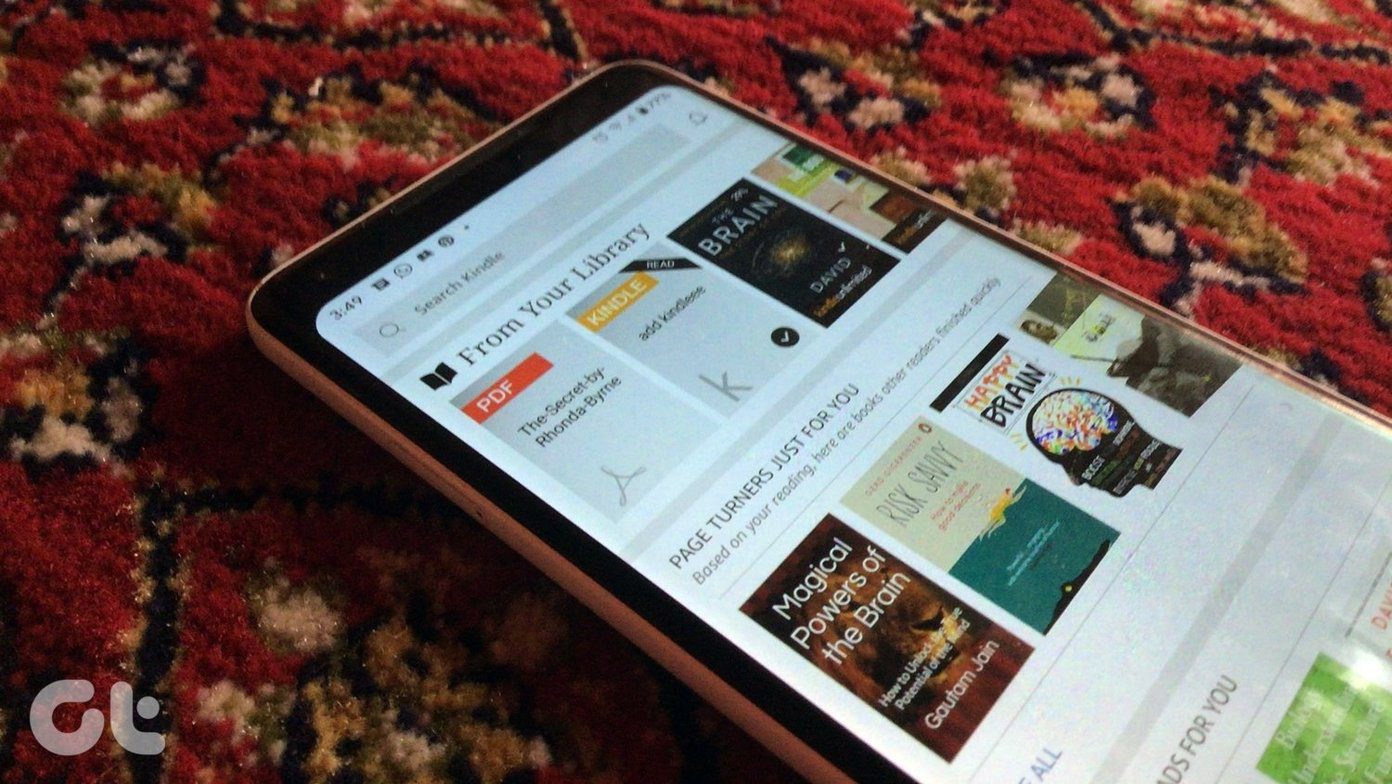Microsoft Whiteboard integrates with Teams, also by Microsoft, but not everyone uses Teams. What about other users who are on Zoom, Duo, Meet, or other platforms? These whiteboard apps will help you out, and most of them are available for Windows and other platforms. Let’s check them out.
1. DrawPile
DrawPile is an open-source and free whiteboard app available on Windows, macOS, and Linux platforms. It has no mobile version available. At its heart, DrawPile is a sketching tool with collaboration features. Inviting is a different story. You will need to share your external IP address and password for that. DrawPile offers a nifty guide on how to host a collaborative session. It carries a unique ability to record your screen while you are collaborating with others on the whiteboard. That can help understand the process and usable for reference later. You can save it as a video or a series of images. The app is completely free to use. Download DrawPile
2. Draw.Chat
One of the main features of Draw.Chat is the messaging feature where you can send text messages to other participants. You can also send audio and video messages, which are even cooler that the verbose text explanations. Recently, the developers of the app added a video conferencing feature. Draw.Chat comes with plenty of drawing tools that can be too much for Microsoft Whiteboard alternative seekers, but many will find these options useful. Best part is that there is no registration required and you get 10MB cloud storage where you can save whiteboards for up to 1 month before downloading them. There are plenty of keyboard shortcuts to make your life easy. Two interesting features include the ability to draw/highlight on maps and annotate PDF files. The app is completely free, and you can create multiple whiteboards at the same time. Download Draw.Chat
3. Miro (Earlier RealtimeBoard)
Miro is a platform-agnostic professional whiteboard app that works on desktops and smartphones. You can begin with a blank whiteboard or choose a template based on your needs. Miro’s UI very polished, and there are many elements that you can add to a whiteboard. You can drag and drop every element wherever you want. Also, you can zoom and pan around the board. Team members can chat with each other using text, audio, and video or just share screen inside Miro. You can also connect many third-party apps like Slack, Drive, Teams, Trello, and more. There is a Miro Marketplace for all sorts of plugins for extra functionality. Enterprise users will be happy to know that there are administrative controls for users with permissions to control the workflow. Miro has a free plan for up to 3 whiteboards and some basic stuff to try out. Meanwhile, the paid version at $8/month unlocks several features such as larger team support, collaboration, private whiteboards, and so on. Download Miro
4. Explain Everything
Explain Everything works a little like the whiteboard option in Zoom or Meet, where you will create a whiteboard and send an invite code to others. There are no desktop apps, but it works on any browser and has dedicated mobile apps. It was created to help teachers and others who give presentations to explain how things work. It also supports audio and video recording. You will create a whiteboard and then draw, add shapes, and other elements, all while explaining how things work. You can share the finished video with anyone. That doesn’t mean you can’t invite people in real-time and collaborate with them on a single whiteboard. You can do that too, but those who couldn’t attend the whiteboard sharing session can watch the video instead. The video can be created using a mix of media file types like PDF files, audio or video messages, and of course, all the elements that you will use on the whiteboard itself. Apart from the video format, you can also save the whiteboard in PDF or some popular image formats. Like Miro, this Microsoft Whiteboard alternative integrates with many cloud storage apps. It is free for up to 3 projects, and pricing begins at $7 per month. Download Explain Everything
5. OneNote
Some Reddit users suggest using OneNote as a Microsoft Whiteboard alternative. OneNote is a popular note-taking app, also from the house of Microsoft. You can take notes in a variety of formats like text, audio, and video, share and collaborate on a single note, and there is a handy toolbar with drawing tools. While not a traditional whiteboard app, there are some benefits of using OneNote. You can create detailed notes, lists, draw, record, share, collaborate, and later search that sea of notes to find what you are looking for easily using keywords or tags. We have covered OneNote is great detail on GT before. Do check out our take. Download OneNote
On-Boarding Whiteboard
Did you know that video conferencing apps like Zoom come with a whiteboard feature built-in? Unlike OneNote, which was built primarily for taking notes, Zoom was built for video conferencing and collaborating first. That’s another way to use a whiteboard apart from what we have shared above. There are plenty of other Microsoft Whiteboard alternatives, and the one you use will depend on your particular requirements and use case. I suggest you try a couple of them, preferably the free version, and choose one that works best for you. Next up: Did I catch your attention with Zoom’s whiteboarding feature? Click on the link below to learn how the whiteboard feature in Zoom works. The above article may contain affiliate links which help support Guiding Tech. However, it does not affect our editorial integrity. The content remains unbiased and authentic.















